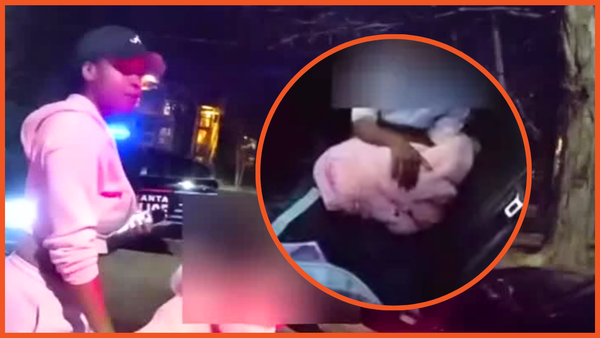
Navigating the teenage years can feel like trying to solve a puzzle with missing pieces. You want to trust your teen, but their growing need for independence can sometimes clash with your need to ensure they’re safe. Honesty becomes a cornerstone of this delicate balance. While some lies are obvious, others are masked by a convincing story or a calm demeanor. Learning to spot the subtle clues your teen is lying is not about becoming a detective, but about being an engaged parent who can identify when a deeper conversation is needed.
Their Story Has Too Much Detail
When a person tells the truth, they often forget minor, irrelevant details. A liar, however, has often rehearsed their story and may overcompensate by including an excessive amount of specific, unnecessary information. If your teen’s explanation of where they were sounds more like a movie script than a simple recap, it could be a sign they’ve constructed a narrative to cover their tracks.
They Change Their Speaking Cadence
Pay attention to the rhythm and pitch of their voice. When someone is being dishonest, their normal speaking patterns can change. They might suddenly start talking faster or slower than usual, or their voice might go up in pitch. These vocal shifts can be an involuntary physical response to the stress of lying.
They Use Distancing Language
Liars often subconsciously distance themselves from the lie. They might avoid using “I” and instead use more general terms or passive language. For example, instead of “I didn’t break the lamp,” they might say, “The lamp got broken.” They may also avoid using names, referring to a person as “that guy” or “this girl” to create emotional distance.
A Sudden Need for Privacy
While teens naturally desire more privacy, a sudden and drastic shift can be a red flag. If your normally open teen is now fiercely protective of their phone, locks their bedroom door constantly, or becomes evasive about their plans, they may be trying to hide something. It’s the abrupt change in behavior that signals a potential issue.
They Exhibit Unusual Body Language
The body often reveals what words try to hide. Look for body language that is out of character. This could include avoiding eye contact, fidgeting excessively, or conversely, becoming unnaturally still. They might also cover their mouth or throat; a subconscious gesture associated with blocking deceitful words. These are all non-verbal clues your teen is lying.
They Become Overly Defensive
A person telling the truth might be annoyed by an accusation, but they often respond with straightforward denial. A liar, on the other hand, may become excessively defensive or even hostile. They might try to turn the tables on you, asking, “Why don’t you ever trust me?” This tactic is designed to make you feel guilty and back down from your questioning.
Their Eyes Tell a Different Story
The old saying that “the eyes are the window to the soul” holds some truth. While a lack of eye contact is a well-known sign, staring too intently can also be an attempt to overcompensate and appear truthful. Another clue is an increased blink rate or darting eyes, which can indicate cognitive load and nervousness associated with fabricating a story.
They Repeat the Question Before Answering
This is a common stalling tactic. By repeating your question—”Where was I last night? Last night, I was…”—they give themselves a few extra seconds to formulate their lie. It’s a verbal tic that provides a buffer between the accusation and the fabricated response, helping them get their story straight.
Their Emotional Reaction Doesn’t Match the Situation
A teen accused of something minor who explodes with rage, or a teen who shows no emotion when confronted with a serious issue, is displaying an incongruent emotional response. For example, if you find alcohol in their room and they react with a casual shrug instead of concern, their emotional disconnect could be a sign they are trying to downplay the situation and hide the full truth.
Looking Beyond the Lie to Understand the Why
Discovering your teen is lying can be hurtful, but it’s important to approach the situation with a desire to understand, not just to punish. Often, teens lie to avoid conflict, escape consequences, or protect their social standing. Spotting these clues your teen is lying is the first step. The more important work is creating a relationship where they feel safe enough to tell you the truth, even when it’s hard.
What’s the most challenging part of building trust with your teenager?
Read more:
Why Teenagers Don’t Want to Visit Their Grandparents Anymore
7 Silent Signs Your Teen Is Struggling With Anxiety
The post 9 Clues Your Teen Is Lying—Even If They Seem Honest appeared first on Budget and the Bees.







